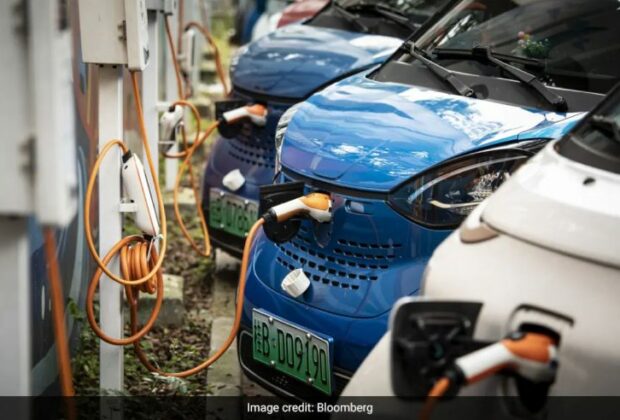According to the Rocky Mountain Institute (RMI), EV sales will increase quickly over the following few years and will surpass two-thirds of all automobile sales worldwide by 2030.
According to analysis released ahead of Climate Week NYC, EV sales will climb at least six-fold by 2030, accounting for 62% to 86% of new car sales. RMI projects that by the end of the decade, EV sales in China, the largest new car market in the world, may account for 90% of all new vehicle sales.
RMI identifies a number of factors that are driving the rapid growth of EV sales, including the acceleration of EV sales in “late-adopting” nations with healthy new car markets, such India and Israel.
A fall in sales of internal combustion vehicles is another probable explanation. Analysts found that the peak year for new internal combustion vehicle sales was 2017, and they anticipate a faster rate of vehicle abandonment in the years to come.
But like many other analyses of EV sales growth, this one is largely predicated on expectations that falling battery costs will make EVs cost the same as or less than internal-combustion vehicles.
RMI anticipates a halving of battery prices this decade, from $151 per kwh to $60 to $90 per kwh by 2030. Prices will decline to the point where a new EV will cost less to purchase than an identical petrol or diesel vehicle as early as 2024 in Europe and 2025 in China. According to the estimate, price parity for large and small EVs in the US market will be reached in 2026 and 2029, respectively.
The analysis makes the assumption that after price surges brought on by supply-chain problems related to the pandemic, battery prices will start to decline this year. Additionally, it makes no mention of the supply chain implications of super-size batteries, which may be the deciding factor in U.S. EV adoption.
This analysis suggests that the adoption of EVs will happen more quickly, which will probably hurt the oil business. RMI earlier predicted that beyond the 2040s, production will effectively decline to nil. But as the RMI and others have recently noted, switching to EVs won’t be enough to achieve climate targets. Less driving is also necessary.




